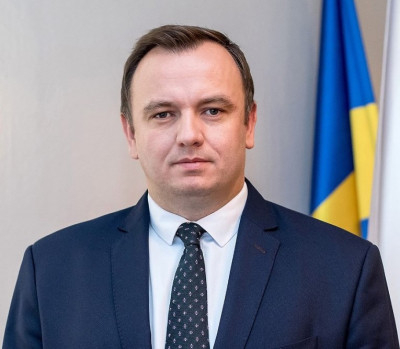
Keen to point out and recognise the obvious merits of the Renovation Wave, ECR Member Jakub Chełstowski just as eagerly reiterated the necessity to offer substantive support for local and regional authorities to implement the ambitious goals of the Renovation Wave.
Mr Chełstowski, who also serves as ECR Coordinator for the Commission on Environment, Climate change and Energy (ENVE) in the European Committee of the Regions, described the situation in his home country where "around 4.6 million people in Poland live in energy poverty". Unfortunately, the onset of the COVID-19 pandemic has only served to worsen this situation with "many people struggling to afford proper indoor thermal comfort".
For the Marshal of the Silesian region, the Renovation Wave offers a two-fold solution – it will enable our citizens to live in warmer and healthier buildings, and will kick-start Europe`s economic recovery. However, there are some aspects of particular importance for local and regional authorities, which are of cause for concern.
Mr Chełstowski first referred to the 2030 target to cut greenhouse-gas emission by 55%, which for him has "added an enormous burden for businesses and consumers". He asks how this will be financed in reality– will the new EU long-term budget and the NextGenerationEU recovery facility be enough? With estimations of €275 billion needed every year in building renovation to meet the new 2030 targets, Mr Chełstowski fears that the "Renovation Wave will become an empty promise for our citizens".
The second point concerns support for local and regional authorities. With financial resources and human capacities "diminished" due to the pandemic, Mr Chełstowski urged for substantive support to be provided such as "technical assistance, reskilling and upskilling for our employees and strengthening of our capacities'.
He offered examples of his region's project of modernising a large number of public buildings such as the "thermal modernisation of historic residential buildings in Old Knurów with the elimination of low emission sources" or the "thermal modernisation of the building of the Main Library of the Public Library in Sosnowiec".
Mr Chełstowski concluded his participation in the debate by saying "we want to constantly reduce the negative impact on the environment, contribute to the achievement of our ambitious goals, and at the same time improve the conditions and quality of life of residents".

